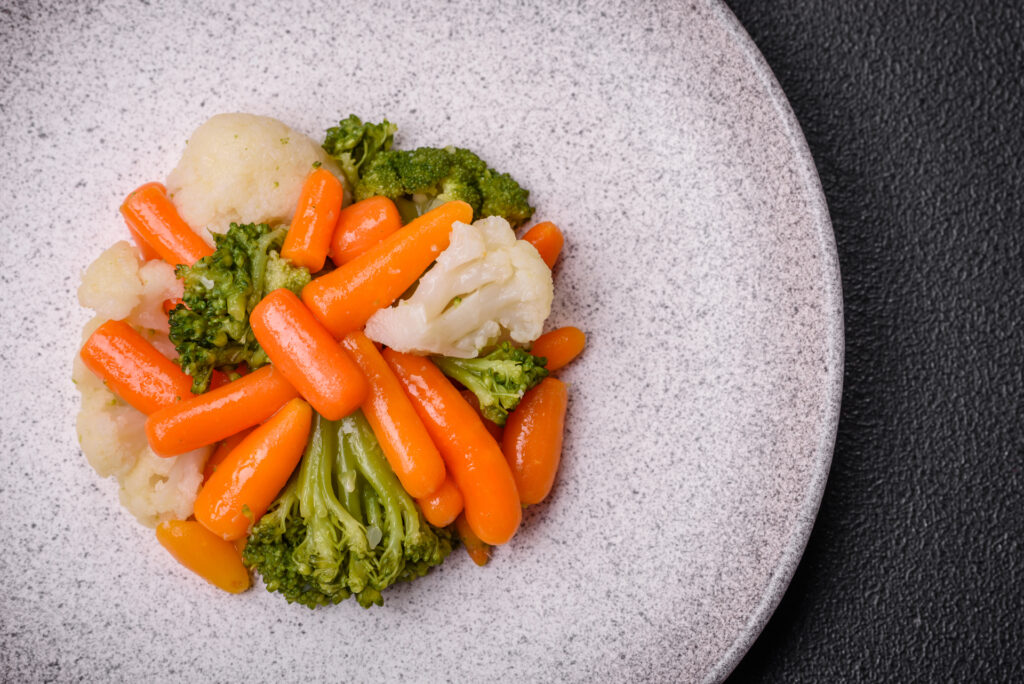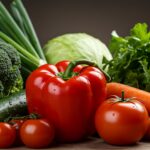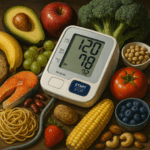Cruciferous vegetables, such as broccoli, cabbage, kale, and cauliflower, lower blood pressure more effectively than root and squash vegetables like carrots, potatoes, and pumpkins, according to a study of middle-aged and older Australian adults with high blood pressure.
In this randomized, controlled, crossover trial, Edith Cowan University (ECU) researchers discovered that eating four servings daily of cruciferous vegetables significantly reduces blood pressure compared to the same amount of root and squash vegetables.
ECU Ph.D. student Ms. Emma Connolly explained:
“Compounds known as glucosinolates, primarily found in cruciferous vegetables, have been shown to lower blood pressure in animals, with limited evidence in humans until now.”
She highlighted that while cruciferous vegetables like broccoli and Brussels sprouts are linked to a lower heart disease risk, they are less commonly eaten compared to other vegetables. These vegetables also have other blood pressure-lowering elements like nitrate and vitamin K
Dr. Lauren Blekkenhorst, ECU NHMRC Emerging Leader and Heart Foundation Postdoctoral Fellow, noted that fewer than one in 15 Australian adults eat enough vegetables, with cruciferous vegetable consumption particularly low.
Dr. Blekkenhorst said:
“By increasing cruciferous vegetable intake, individuals can significantly enhance their potential for lowering blood pressure and reducing heart disease risk.”
The study lasted six weeks, with participants undergoing two-week dietary interventions of eating cruciferous vegetable soups twice daily, separated by a two-week normal diet ‘wash-out’ period.
Broccoli lowered their blood pressure. The trials showed a 2.5 mmHg greater reduction in blood pressure with cruciferous vegetables compared to root and squash vegetables.
Consistent background diet and lifestyle indicate that these benefits are directly attributable to the vegetable types consumed, potentially lowering heart attack or stroke risk by about 5%.






